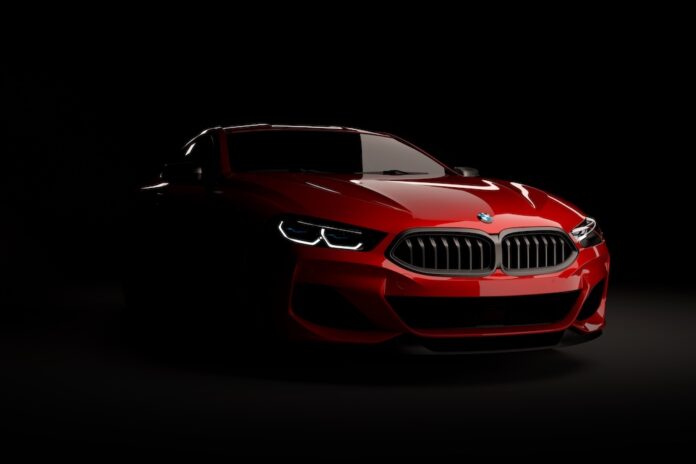Car group brings BMW, MINI and Rolls-Royce brands to join Mercedes-Benz as licensees
BMW Group has signed a deal with US patent platform Avanci to license 5G technology, covering the group’s BMW, MINI and Rolls-Royce brands.
Avanci licenses cellular standard-essential patents (SEP) on behalf of telecommunications firms and other patent holders and announced Mercedes Group as its first licensee last month. The new Avanci 5G program builds on the success of Avanci 4G Vehicle, which today has more than 130 million connected vehicles on the world’s roads from more than 80 automotive brands covered by an Avanci 4G vehicle licence.
“Back in 2017, BMW was the first OEM to believe in the Avanci 4G Vehicle program,” said Avanci founder and CEO Kasim Alfalahi. “Now, continuing their pioneering approach, BMW is one of the leaders in launching 5G connected cars. We are delighted to welcome them to Avanci 5G Vehicle, continuing our long relationship, and we thank them for their ongoing trust and confidence in Avanci and our efficient and transparent one-stop solutions.”
According to patent expert Florian Mueller, writing on his blog Foss Patents, BMW, unlike competitors Mercedes and Volkswagen, did not try to fight the licensing model when it first appeared and as a result, saved money, time and energy avoiding litigation.
He added that it would make a lot of sense for Volkswagen, which owns Audi and Porsche, to join the pool now. Sooner or later, some 5G SEP holders will start to enforce their rights against unwilling licensees. Now that its competitors have signed, it would be difficult to argue against the licensing scheme in court.
Patent pools simplify licensing
Mueller points out the deal doesn’t mean the car manufacturers will stop lobbying the EU that proposed SEP legislation was badly needed. “Opportunism by some car makers certainly doesn’t make the EU proposal any less misguided,” he said. “Case in point, a single Nokia vs OPPO decision in Sweden (which went in the defendant’s favour) showcases at least four of the countless flaws of that bill.”
“Europe’s and particularly Germany’s automotive industry is facing undeniably large problems. Cellular SEP licensing is none of them, though,” he added. “[The] Avanci-BMW announcement is good news for those who argue that the market can and will find solutions, as are other recent license deals such as Huawei’s recent agreement with Xiaomi.”
Patent pools exist to simplify licensing, he said, which must have been the reason why BMW entered into one agreement rather than 60+ bilateral deals: “while some EU officials and politicians are trying to complicate the process and mistakenly view pools as part of the problem, not part of the solution.”
Deutsche Telekom joining?
The Avanci 5G vehicle program provides a license to patented technologies essential for 5G, 4G, 3G and 2G connectivity, including cellular vehicle-to-everything (C-V2X) which enables vehicles to directly communicate with other vehicles, cyclists, pedestrians, and transportation infrastructure.
On launch of the 5G scheme last month Avanci had 58 licensors and it now claims 61. Deutsche Telekom looks to be one of the three new companies as its logo now features on Avanci’s website.



